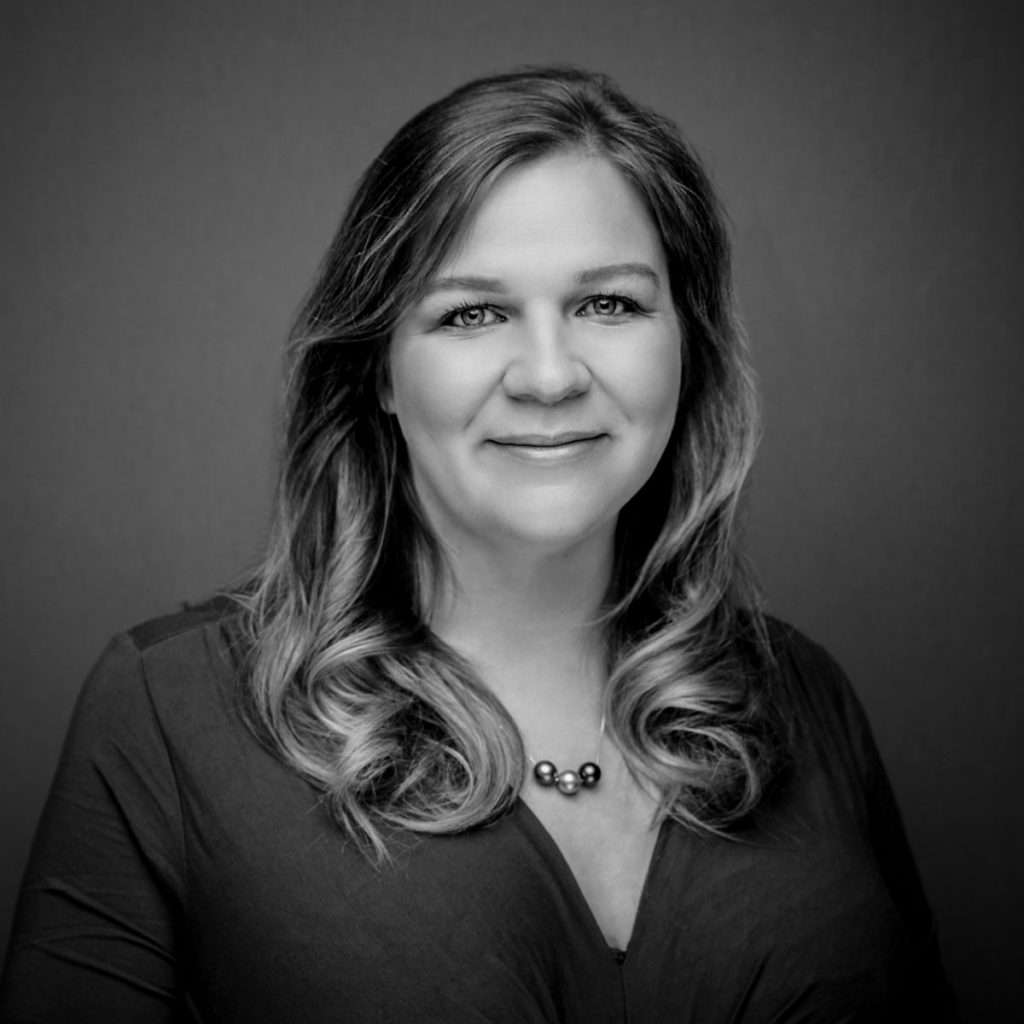Professionals should not go up against their regulator alone
The College of Homeopaths (“CHO”) is the regulator for homeopaths in Ontario. They:
- decide who has a certificate of registration as a homeopath
- handle complaints against homeopaths
But your College does not work for you. In fact, the College can:
- deny applicant’s applications for a certificate of registration or
- suspend, revoke or place terms, conditions, or limitations on a homeopath’s certificate of registration
If you plan to apply to the College or have received notice of complaint it is important that you have representation to protect your interests and defend your rights.
Our team of experienced lawyers can assist homeopaths with matters including:
- Advising homeopaths on compliance with relevant legislation and standards
- Responding to complaints and investigations at the College
- Representing homeopaths at the Fitness to Practise Committee
- Defending homeopaths in hearings before the College’s Discipline Committee
- Advocating for homeopaths to resolve matters through the College’s complaint resolution process
- Representing homeopaths in appeals before the Divisional Court of Ontario
Registration
Applying for a license or in the College’s language – a “Certificate of Registration” for either supervised or autonomous practise is a complex process.
Decisions are made by the Registration Committee who seek extensive evidence of an applicant’s:
- Educational qualifications by completing a post-secondary program in homeopathy
- Professional Experience in the profession
- Completion of the Jurisprudence Program
- Additional Certifications (i.e. First Aid, CPR)
All applications are screened by the Registrar who may:
- Issue a Certificate of Registration if all requirements have been met
- Refer the application to the Registration Committee for further review
If an application is referred to the Registration Committee, they will review the application and direct the Registrar to do one of the follow:
- Approve the application
- Request additional information from the applicant
- Approve the application with terms, limitations, or conditions
- Reject the application
Our office can help you prepare this information and offer legal advice on concerns you may have. If you are planning to apply for a certificate from the CHO, contact us today.
Complaints Process
The College of Homeopaths of Ontario (“CHO”) receives complaints from:
- members of the public
- clients of homeopaths
- employers of homeopaths
- other health care professionals
Members of the College, as well as facilities/employers of homeopaths are required to file a complaint, if there are reasonable grounds for findings related to offences, professional negligence or malpractice, or information regarding registration and conduct.
The first step of the complaint process is at the College’s Inquiries, Complaints and Reports Committee, often referred to as the “ICRC”.
The ICRC is a written process – the complainant, the College and the member exchange a series of documents:
- A complaint against a member is made
- The College provides the member with an official acknowledgement of the complaint
- The member is requested to respond to the complaint within 30 days
- The ICRC will review the complaint and issue a decision
The potential outcomes of a decision include:
- A decision to take no further action
- Require the member to undergo continuing education or remediation
- Require the member to appear before the ICRC to be cautioned
- Refer a matter to the Discipline or Fitness to Practise Committee
These outcomes can have very serious financial and personal impacts on members. If you have received a complaint from the CHO, please contact us today.
Discipline Committee
The ICRC refers matters involving serious allegations of misconduct or malpractice to the Discipline Committee.
Before a matter progresses to a hearing at the Discipline Committee a pre-hearing may occur. A pre-hearing is an opportunity for the College and the member to present their case in an informal matter.
In our experience a pre-hearing at a college can be used to:
- Reduce the allegations against a member
- Reduce the penalty being sought by a member
- Raise important legal issues before trial
At the Discipline Committee a trial may take place where witnesses are called, and evidence is heard.
The Discipline Committee may order the following:
- Pay a fine to the Ontario government
- Appear in person for a reprimand delivered by the Discipline Panel; complete a remedial education
Additionally, the Discipline Panel may:
- Place conditions on the member’s practice
- Suspend the member from working for a set period of time
- Revoke the member’s ability to practice
These are extremely serious public outcomes. If your matter has or could be referred to the Discipline Committee, please contact us today.
Fitness to Practise Committee
The Fitness to Practise Committee is a specialized Committee dealing with cases where a member’s conduct was impacted by an ongoing physical or mental medical condition.
For example, a mental health condition may impact a member’s ability to maintain professional standards in aspects of their practice.
In our experience, a referral to the Fitness to Practise Committee can offer a number of benefits to members, because:
- Complaints are generally resolved in a more private manner
- The goal of the process is ensuring the health of the member
However, it is unusual for members to be referred to Fitness to Practise Committees without legal representation. It takes experienced and detailed representation to present the evidence screening Committees, like the ICRC, want to see to consider a referral to Fitness to Practise. If there is a complaint against you, please contact us today.
Appeals
Decisions of the:
- ICRC, and
- Registration Committee
can be appealed to the Health Professions Appeal and Review Board (“HPARB”).
Decisions of the:
- Discipline Committee, and
- Fitness to Practise Committee,
Can be appealed to the Ontario Divisional Court.
Unfortunately, self-represented individuals are very rarely successful in appeals. We have unique expertise in appeals from regulatory colleges. If you are considering an appeal, please contact us today.

